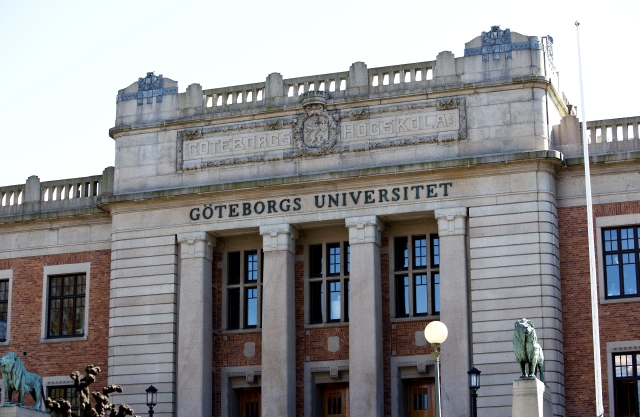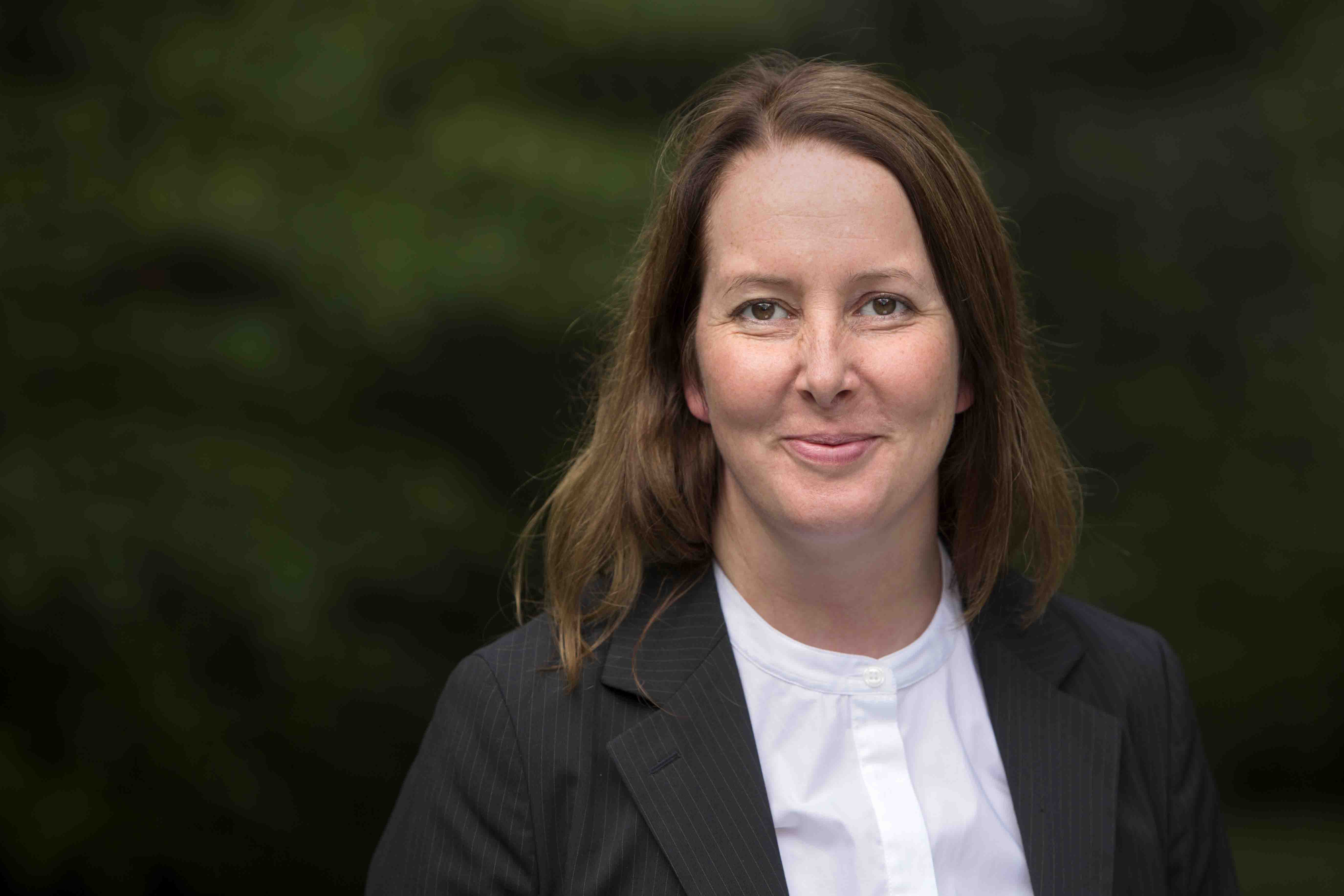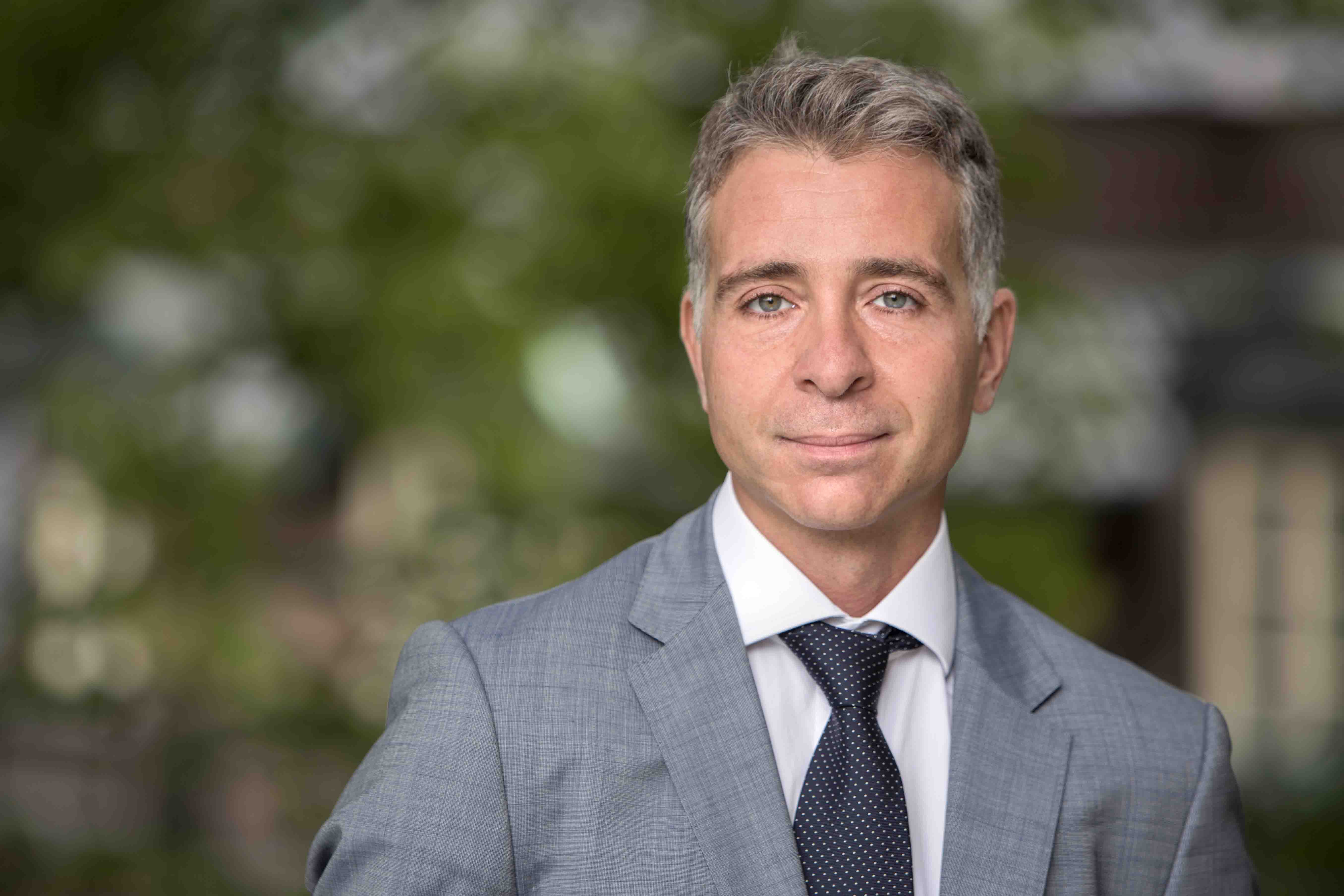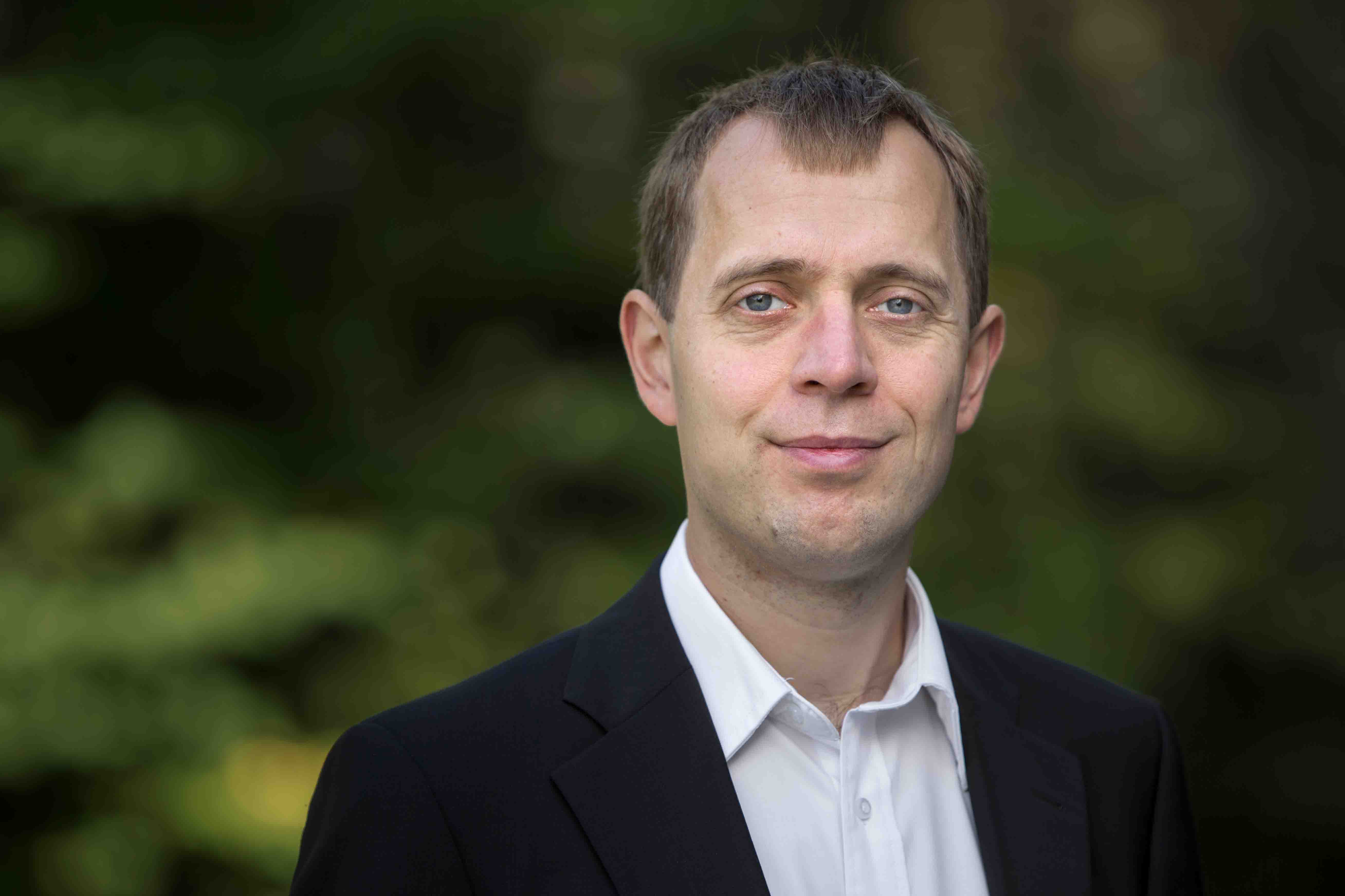- Home
- News and events
- Find news
- Three researchers have been awarded Wallenberg Academy Fellows
Three researchers have been awarded Wallenberg Academy Fellows
 This year the Wallenberg Research grants are awarded to research on More efficient LED lighting, Treatment for fatty liver disease and the Effects of pregnancy on political opinions. Each grant amounts to SEK 5–7.5 million and will be disbursed over a 5-year period.
This year the Wallenberg Research grants are awarded to research on More efficient LED lighting, Treatment for fatty liver disease and the Effects of pregnancy on political opinions. Each grant amounts to SEK 5–7.5 million and will be disbursed over a 5-year period.
‘All three research areas provide social benefits and are well in line with the University of Gothenburg’s ambition to help solve various societal challenges,’ says Vice-Chancellor Eva Wiberg.
Elin Naurin, associate professor at the Department of Political Science, Stefano Romeo, Institute of Medicine, and Karl Börjesson, Department of Chemistry and Molecular Biology, will receive the grants over five years. At the end of the period they will be able to apply for an additional five years of funding. Twenty-four researchers in Sweden have been appointed Wallenberg Academy Fellows this year.
Elin Naurin – The effects of pregnancy on political opinions
 A pregnancy is life changing, but there is a lack of knowledge about how it affects the parents’ political opinions and their relationship to society. Elin Naurin will examine pregnancy’s political consequences for thousands of parents and investigate how the effects differ between countries.
A pregnancy is life changing, but there is a lack of knowledge about how it affects the parents’ political opinions and their relationship to society. Elin Naurin will examine pregnancy’s political consequences for thousands of parents and investigate how the effects differ between countries.
During a pregnancy and after a birth, parents encounter pre- and post-natal care services and children’s healthcare services; they are entitled to pregnancy benefits, parental insurance and child benefits, and will eventually use public childcare centers, schools and other state institutions.
In brief, when someone becomes a parent they form a new relationship to society, while for many people home and family become more important. Associate Professor Elin Naurin will investigate how parents’ political opinions are created and changed during this life-changing period. What are the individual differences? Are the political effects in Sweden different to those in other countries?
The project will be conducted using an established panel, the Medborgarpanelen (citizens’ panel) at the SOM Institute, which consists of 60,000 Swedish citizens. Elin Naurin will also establish a new panel, the pregnancy panel, along with midwives and obstetricians at Sahlgrenska Academy. She will investigate the differences between different countries in cooperation with researchers in Canada, the Republic of Ireland, Denmark and Finland.
Stefano Romeo – Developing drug treatments for fatty liver
 In parallel with the obesity epidemic, nonalcoholic fatty liver disease (NAFLD) has increased to become the most common liver disorder. At present, there is no specific drug treatment that can slow or reverse the course of this disease. Stefano Romeo has identified human genetic variations that explain why some individuals are more likely to have high levels of fat in the liver. His vision is to develop and implement precision medicine for NAFLD by exploiting human and molecular genetics.
In parallel with the obesity epidemic, nonalcoholic fatty liver disease (NAFLD) has increased to become the most common liver disorder. At present, there is no specific drug treatment that can slow or reverse the course of this disease. Stefano Romeo has identified human genetic variations that explain why some individuals are more likely to have high levels of fat in the liver. His vision is to develop and implement precision medicine for NAFLD by exploiting human and molecular genetics.
About one third of adults in western countries have NAFLD. Because it progresses into life-threatening conditions such as liver failure and cancer, NAFLD is soon to become the leading cause of liver transplantation. Despite the high prevalence of this disease, there are currently no drugs that can slow or reverse its progression. However, studies of the human genome have identified genetic variations – including changes in PNPLA3 – that increase the risk of getting the disease.
The aim of this project, led by Professor Stefano Romeo, is to develop a drug treatment that can inhibit the effect of the altered PNPLA3. He will also conduct detailed studies of the molecular mechanisms behind NAFLD and use a cell-based model of NAFLD to test the effect of candidate drugs. A treatment that counteracts NAFLD will save or lengthen the lives of people affected by NAFLD and additionally provide major cost savings in healthcare.
Karl Börjesson – More efficient light-emitting diodes for a sustainable future
 Around one-fifth of global production of electricity goes to lighting our world. Karl Börjesson’s aim is to make organic light-emitting diodes more efficient, by developing molecules in which a larger part of the energy is transformed into light.
Around one-fifth of global production of electricity goes to lighting our world. Karl Börjesson’s aim is to make organic light-emitting diodes more efficient, by developing molecules in which a larger part of the energy is transformed into light.
Over the last decade, organic light-emitting diodes (OLEDs) have become increasingly common in our everyday lives and are found in everything from televisions to car headlamps. They are energy-efficient, environmentally friendly and cheap to produce.
But they can be even better. In an organic light-emitting diode, the molecules are excited, which means that they move into a more energetic state. However, only one-quarter become excited in a manner that allows them to emit light, known as the singlet state. Three-quarters move into a triplet state, which is slower to emit light, making the light-emitting diodes dim and shortening their life.
Dr. Karl Börjesson is working on developing new molecules for light-emitting diodes. Using specific quantum mechanical phenomena, he will attempt to encourage the triplet state to move to the singlet state, so all the excited molecules can emit light. If he succeeds, he will revolutionize organic electronics; light-emitting diodes will be even more efficient, as well as more sustainable.
Wallenberg Academy Fellows
Wallenberg Academy Fellows is the largest private initiative to support young researchers in Sweden. Besides providing the researchers with long-term research funding and thus enabling them to focus entirely on their research, the programme contributes to increased internationalisation of the Swedish research environment. Since the launching of the programme in 2012, a total of 175 young researchers have been appointed Wallenberg Academy Fellows.